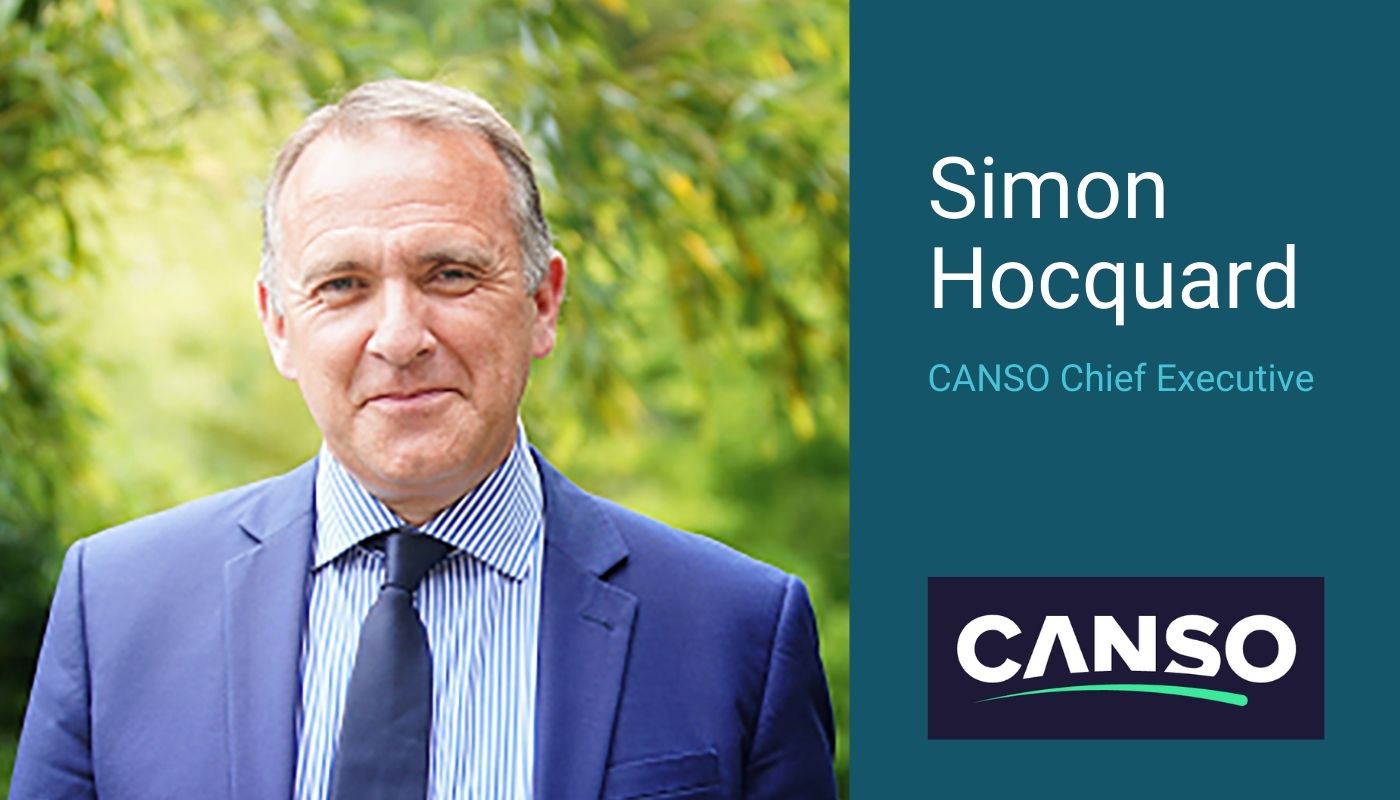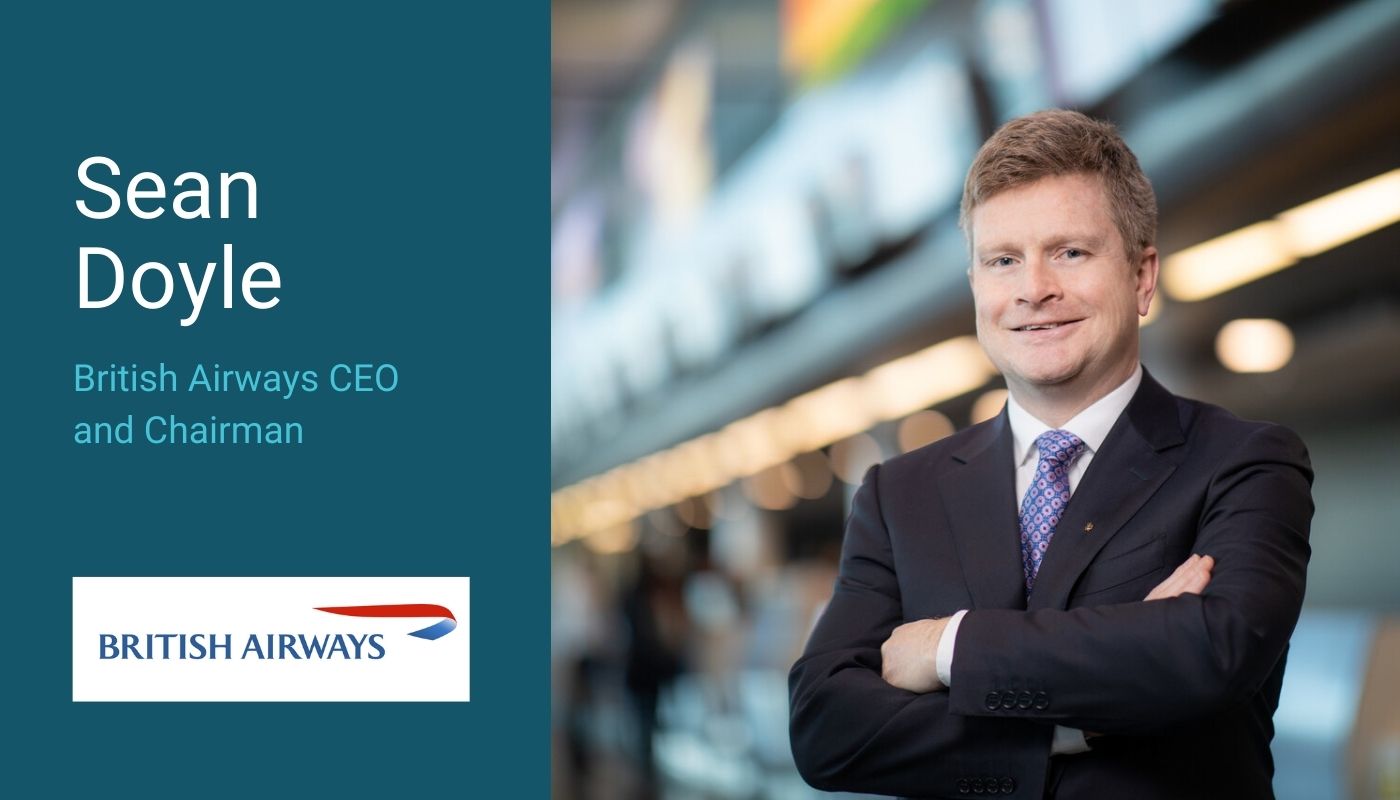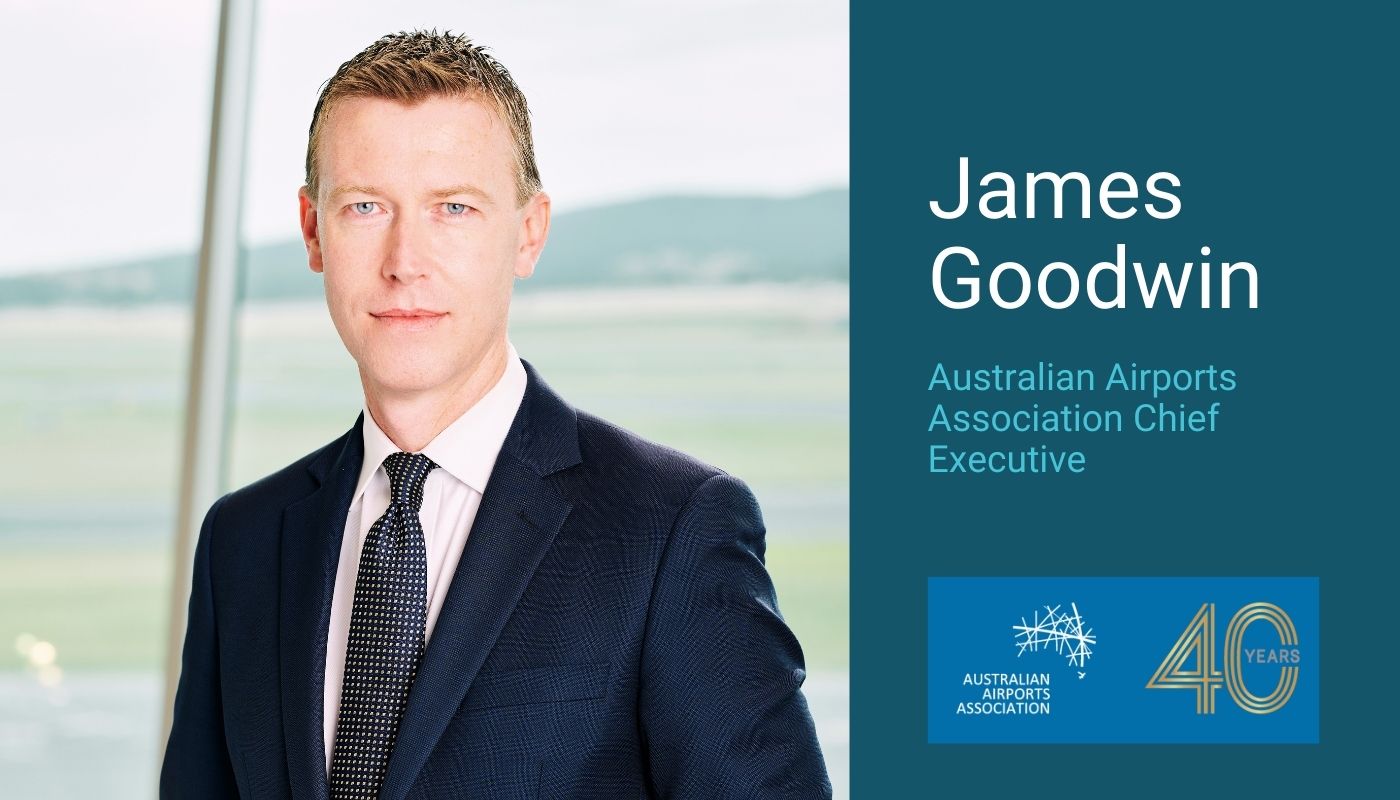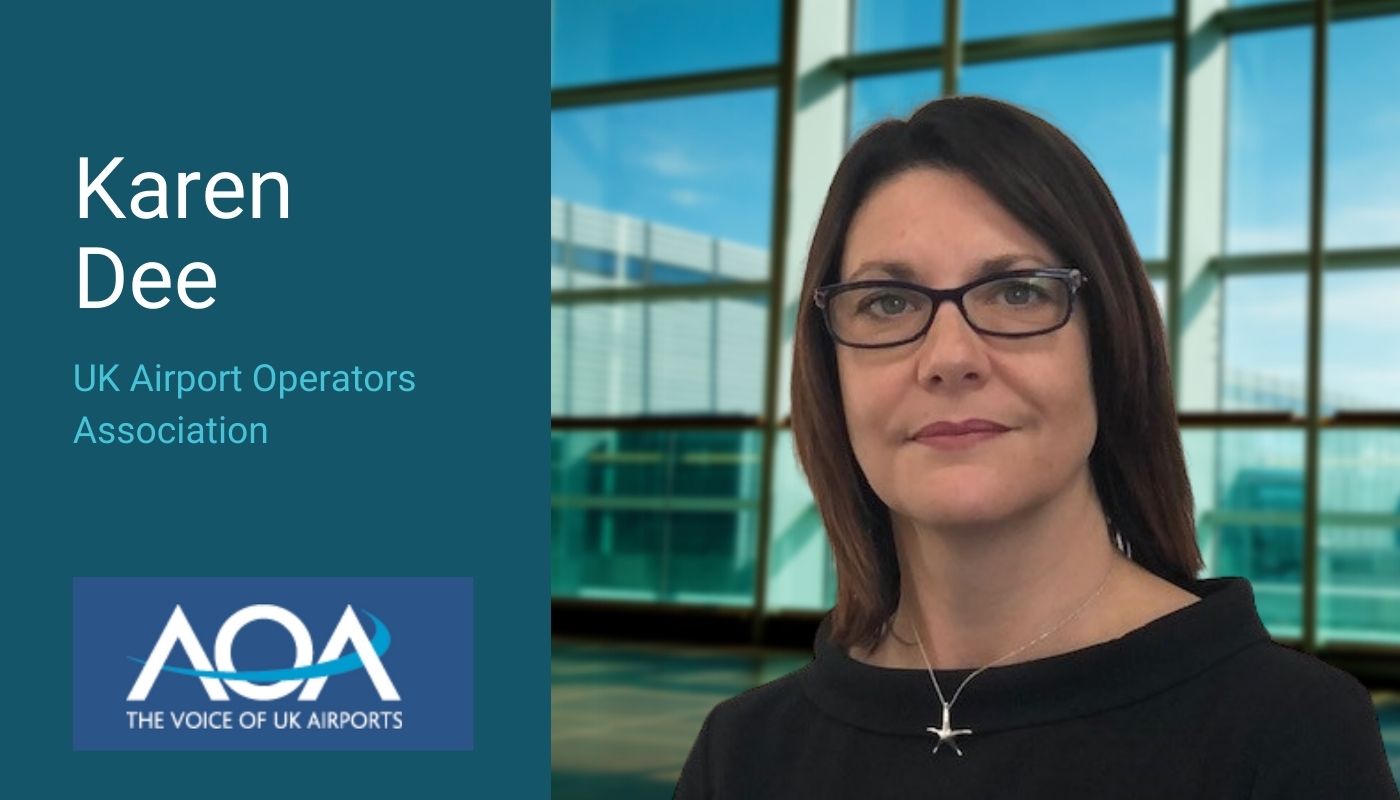
Simon: "To understand where we are now, you have to understand where we have come from. Air traffic – the very lifeblood of our industry – stopped. And yet we survived.
How did we do that? Data from CANSO’s Global Benchmarking Workgroup indicates that the majority of ANSPs adjusted their structure, shifted priorities and pursued digitalisation. In other words, innovation and agility.
We even managed to keep an eye on the future. Just 4% of ANSPs completely stopped their CAPEX programmes in 2020 because we knew that traffic would recover and that capacity had to keep pace.
So, despite everything that has happened I believe our industry showed extraordinary resilience. Yes, the pandemic accelerated change. But when that change is positive – enacted in a transparent manner with the full collaboration of partners – it means we are improving and in better shape than before. CANSO’s Complete Air Traffic System Global Council typifies the foundation for success that we are building. It is producing a roadmap for the skies of 2045."
Air traffic – the very lifeblood of our industry – stopped. And yet we survived.
Simon Hocquard, CANSO

Sean: "Aviation has been one of the worst-hit industries by the pandemic and we face a steep recovery path from the deepest crisis in our history.
At British Airways we're completely focused on three priorities: our customers, supporting the biggest recruitment drive in our history and increasing our operational resilience."
At British Airways we're completely focused on three priorities: our customers, supporting the biggest recruitment drive in our history and increasing our operational resilience.
Sean Doyle, British Airways

James: "The industry is getting back on its feet after a devastating two years. The aviation sector was one of the first to be hit by the pandemic, it was one of the hardest hit and will be one of the last to recover however, thanks to the incredible efforts of our airport teams we have been made to resume both domestic and international travel smoothly and safely.
The recent Easter school holidays saw significant increases in passengers coming through our airports which was a great signal the community is regaining the confidence to travel again."

Karen: "With passengers returning in volume, airports are optimistic about the summer. We are seeing a steady recovery, though bookings are coming through quite late suggesting that there is still some uncertainty among consumers about booking travel.
We hope that as 2022 progresses, that confidence increases and people start to plan further ahead again. Amongst the bookings we are seeing a lot of people finally looking to take a trip that was planned during the pandemic and postponed due to travel restrictions.
This is to some extent masking any impact of the cost of living crisis on consumer confidence and so the outlook for the winter season 2022/23 is a little less clear. "